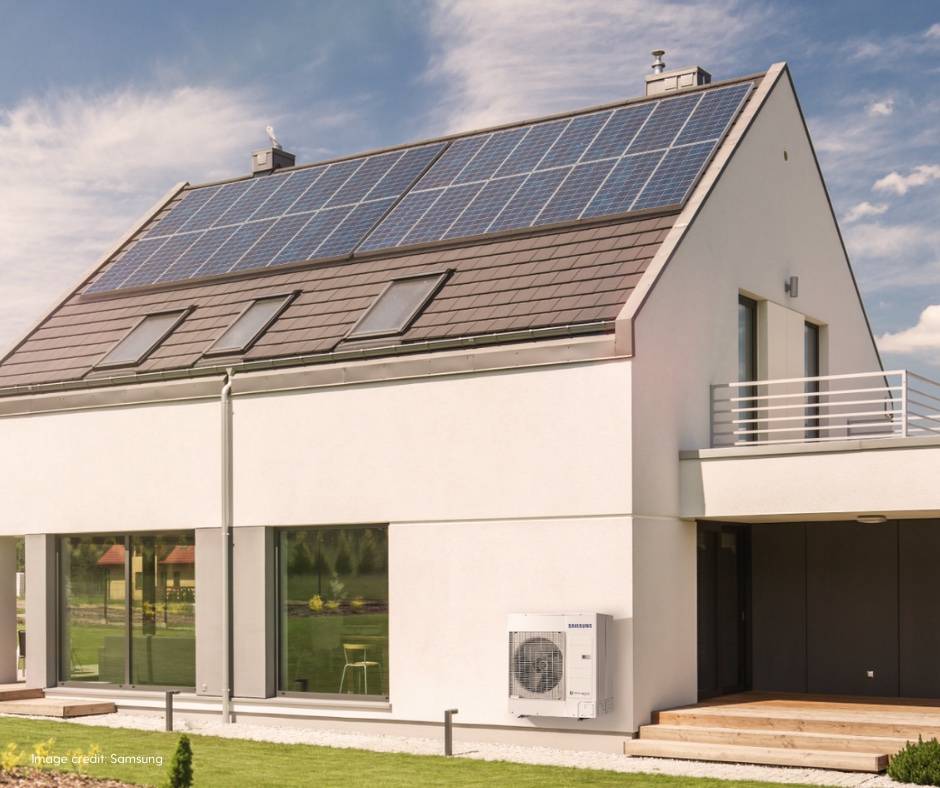With the cost of living and energy prices dominating the news throughout 2022, you’d think we would all be looking forward to the start of a new year. However, with no current planned extension for the Energy Bills Support Scheme – the non-repayable discount supported by the government– and a less generous forecast for the Energy Price Guarantee from April 2023, most UK homeowners are starting to look for alternative ways to fuel their homes.
Energy Price Guarantee
Energy regulator, Ofgem, announced in late November that the Energy Price Guarantee price cap is set to rise to an annual level of £4,279 in January 2023. Although consumers will be protected, a typical household dual fuel direct debit will increase in April 2023 from £2,500 to £3000. Thomas Read, company director of Carbon Saving Group comments, ‘we’ve seen an uplift in enquiries and subsequent bookings for solar panels and air source heat pumps, people are generally fed-up with the lack of control they have over their home energy bills’.

The Future is Renewable
If you are considering going renewable in 2023, there are two financial schemes that should be on your radar. The Smart Export Guarantee (SEG) scheme, where you can earn money from surplus electricity exported back to the grid, through selected energy providers. You will need to ensure that your solar panel installation is carried out by an MCS certified company to qualify for this scheme, as not all providers meet this requirement. If you have already had solar panels installed, check you received a certificate as this is one of the key requirements of the scheme. If you are yet to instruct a company, make sure they are MCS approved. The second government supported scheme available to homeowners throughout the UK has, to date, seen little uptake throughout 2022. The Boiler Upgrade (BUS) scheme offers an up-front grant of £5k towards the cost of installing an air source heat pump, which can be used as an alternative system to heat your home.

Virtually Self-Sufficient
If you install both these renewable resources, depending on the size of the solar system you choose, you could virtually become self-sufficient. An air source heat pump operates via 75% renewable resources and 25% electricity; if the solar panel system installed to the property is large enough it could provide the 25% of electricity needed to power the air source heat pump. Thomas Read concludes, ‘2023 is definitely the year to embrace renewable energy for the home’.
If you would like further information about renewable home energy systems, get in touch

